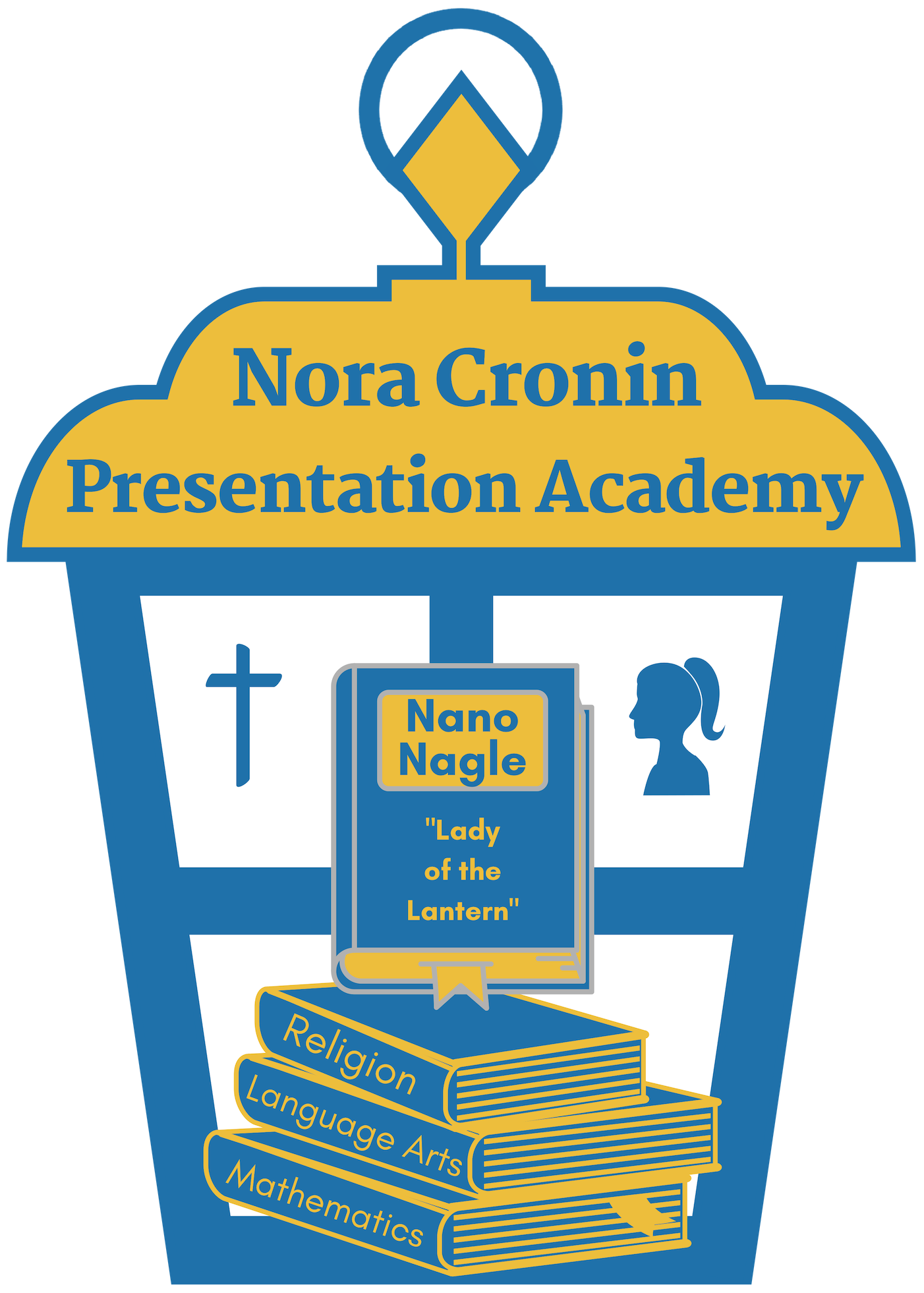CATHOLIC CHRISTIAN’S SPIRITUAL TOOLBOX
I LIKE METAPHORS AND ANALOGIES. In fact, I once read somewhere that because God is such a difficult concept for our human minds to grasp that we must use metaphors and analogies to understand who and what God is. We really have nothing to which we can make a perfect comparison, so we use things with which we are familiar—family; nature; friends—things to which we can relate. We try to wrap our tiny little brains around an idea that is bigger than the universe—and then we wonder why our explanation falls short… Humans did not invent God—God created us. We are just trying to figure things out with the tools we have.
Think of this little book as a utility device to help you unpack YOUR spiritual toolbox. You know, if you don’t have the right tools in your toolbox, you cannot change the oil in your car. If you go to IKEA and buy a piece of furniture, you will not be able to put that thing together if you are missing one piece or one tool!!! Am I right?!?!
How do you expect to find the peace and happiness you long for if you don’t have the right tools?
Unlike many religious disciplines that have come into vogue, Christianity is one of the few that is totally relationship-based. Buddhism, a morphed version of Hinduism, turns inward and focuses on the self. Even Buddhism’s idea or purpose of charity is to rid the self of worldly possessions—it is not about helping others; even though, that may be a secondary outcome. The focus is not on selflessness, but self-realization and self-actualization. Hinduism is focused on pleasure and escaping pain. The goal of Islam is to enjoy eternal life, physical and spiritual, with Allah. Judaism takes a very methodical approach to embody the Torah—which means that the goal is pretty much trying to please Yahweh by following a bunch of rules. Confucianism isn’t really a religion, but it is a system by which people are meant to make society a better place and live in harmony. Saint Pope John Paul II said that all of the great religions of the world have partially revealed truths, but only in Christ do we find the full Revelation of God’s Divine Plan for His children. SO what is the goal of Christianity? Is it to get to heaven? Or avoid hell? Is it to be the best person ever? These goals seem too self-centered. All human beings have but one real purpose: To Glorify God in everything we do. It is through Christianity that we find all the tools to make this goal a reality.
Here is a harsh truth—God does not need you. He did not make you because He needs you. He made you out of pure love. He does not need to be with you. He wants to be with you. Isn’t that so much better than trying to please a god or beat yourself up because you can’t seem to get things right on your own?
There’s a problem… God is perfect, and only perfect things can be in His presence. Uh-oh. Now what?
We are not perfect. We miss the mark—all the time. How can we be with God for all eternity if we are not perfect?
There is this great chasm between God and us---sin. We need a bridge to get back to God-- and we need some tools to help us grow in holiness. It just does not happen overnight. Sure, Jesus died so that we might live, but He wants us to live abundantly. That means that we must work on not sinning. Sinning does not make us more human. In fact, sin makes us less human. Remember—“sin” is ANYTHING that we do that separates us from God.
“Don’t worry,” God says. “I got you.” That is why God became a man. He taught us how to live and gave us the tools to help us become perfect. Then He suffered, died, conquered death, rose from the dead, and ascended into heaven. He became the bridge that we need to cross that chasm of sin.
Wow. That’s a lot of selflessness on God’s part, don’t you think? We created the chasm. We are the weakest link in this chain. It seems a little ungrateful if we don’t use all of the tools that God has given us to become perfect so we can live in perfect communion with Him for all eternity. Salvation is free—Sanctity or Holiness—well, that only comes with your surrendering to God’s Will so that He can do His Work in and through you. Over the next few posts, I will share the tools that Catholic Christians have in their Spiritual Toolbox.
